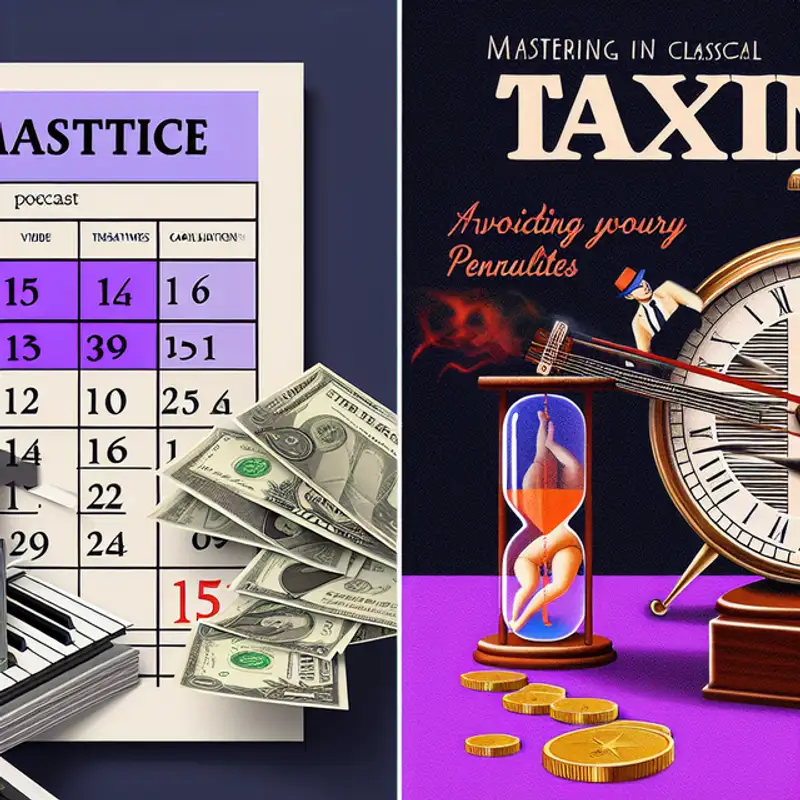 Episode
Episode
· 01:28
Welcome to today’s episode, where we're diving into what could happen if you file your taxes late or not at all, especially with the April 15 deadline just around the corner. If you're wondering, "What should I do if I can't meet the deadline?" here's the key takeaway: always file, even if you can't pay. As the article emphasizes, "Filing on time avoids the failure-to-file penalty, which is typically higher than the failure-to-pay penalty."
If you do need more time, the IRS allows a six-month extension, but remember, filing for an extension doesn’t extend your payment deadline. You must still estimate and pay any taxes due to avoid further penalties, which accumulate monthly.
Now, what happens if you skip filing altogether? The consequences are serious. You face severe penalties, potentially 5% of unpaid taxes each month, and after 60 days, you could be charged a flat fee of $485. Plus, the IRS can take significant actions, from tax liens to even criminal prosecution in extreme cases.
The bottom line? It's crucial to file your return or request an extension to avoid steep penalties. If you're struggling financially, you can request a payment plan or even consider an “Offer in Compromise” to settle your tax debt. As we wrap up, remember, "It's always better to file—even if you can't pay—than not to file at all." Keep that in mind as you tackle your taxes today!
Link to Article
Listen to jawbreaker.io using one of many popular podcasting apps or directories.